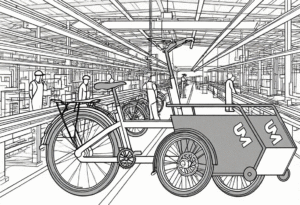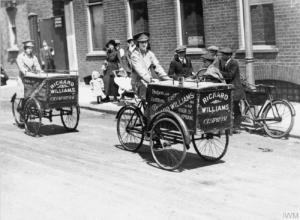
Can Cargo Bike Delivery Be Successful?
Why Cities, Parcel Service Providers, and Local Businesses Are Shifting Their Last-Mile Strategy? If you work in last-mile delivery, you already feel the pressure: rising delivery volume, rising urban restrictions, and rising operational costs. At









